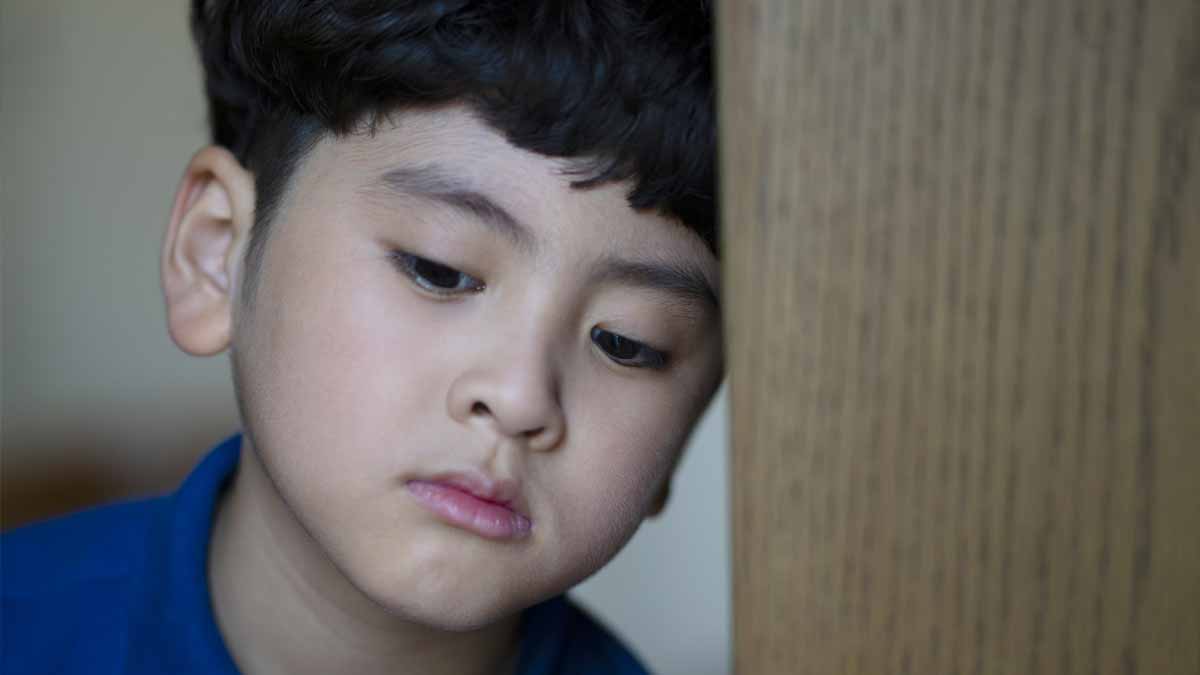Helping Children Cope With Grief

Loss of a loved one is overwhelming to an adult and definitely even more for a child. Adult must deal with grief, so must a child. To help the child, we must let them know it is all right to talk about death, dying and the grief that follows.
1
Prepare them for the worst
Having a death topic conversation before death occurs makes it easier for you and your child to start the conversation and understand the concept of death. The more you talk to your child about death and what it means, the less fear and confusion they will experience when death occurs in the family.
2
Being open and honest
Since modelling attitudes and behaviours is such an important part of any adult-child relationship, don't be afraid to let your children see and feel your grief at appropriate times. Being open and honest with children may encourage them to share their deepest feelings and fears.
3
Provide ample love and support
When a family member dies, it is common for children to feel guilty. They may believe that they contributed to the death in some way, or they may see death as a punishment: “Mom died and abandoned me because I was bad.” Assist children in coping with guilt by assuring them that they have always been loved.
4
Get you child involved with the funeral
Allow your child to assist you in selecting and preparing clothing for your loved one. Choose the music that will be played at the funeral wake or sing a song in honour of your loved one. Write an eulogy and deliver it at the funeral wake. Including them in the process can help them accept death and move on.
5
Commemorate your loved one with your child
Look through a photo album together, listen to their loved one’s favourite song, or draw a picture of their loved one. Help them heal by remembering their loved one with love and let these loving memories bring good feelings to help them move on with life.

